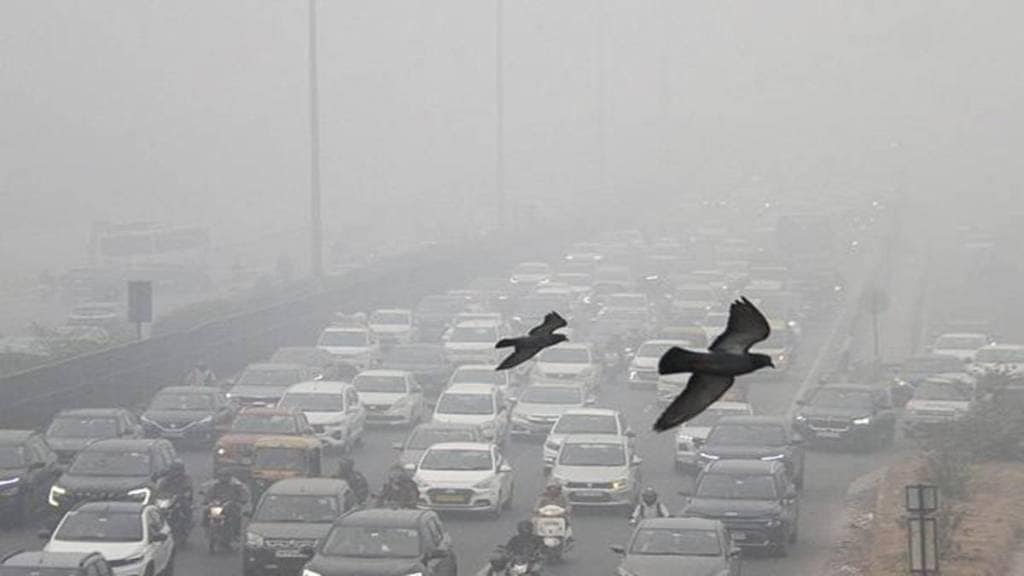In a major development to address rising air pollution, the Supreme Court has directed Delhi-NCR states to implement Graded Response Action Plan (GRAP) Stage 4 restrictions immediately. These curbs will remain in place even if the Air Quality Index (AQI) improves and goes below 450 level, as per the apex court’s ruling. The bench included two justices, Augustine George Manish and Abhay S Oka, they stressed that it is the constitutional responsibility of states to ensure citizens’ right to a pollution-free environment.
Supreme Court questions delayed action on GRAP implementation
The court raised concerns regarding delays in the implementation of pollution-control measures under GRAP. The Delhi government has assured the court that Stage 4 restrictions had been imposed and the bench has criticised the lack of urgency. As part of these measures, heavy vehicles have been restricted from entering the national capital. The bench stated that GRAP stages must be implemented at the moment AQI levels pass critical levels, and appealed to the authorities to take prompt actions to avoid risks.
The court also observed that the Commission for Air Quality Management (CAQM) has delayed stricter rules and was dependent on weather conditions to improve pollution levels. It has directed all Delhi-NCR states to set up a mechanism for citizens to report violations of GRAP-4 rules and has asked Delhi-NCR states to take an immediate call on conducting physical classes for students up to Class 12.
What is GRAP?
The court has mandated the filing of compliance affidavits by November 22 and asked for a detailed report on the implementation of GRAP measures and additional pollution-control initiatives. GRAP was first introduced in 2017, actions will be taken based on-air quality stages, from ‘poor’ to severe plus.’ Stage 4 measures are activated when the AQI level crosses 450, bans on the entry of heavy trucks and bans are put up on the construction of public projects.
On Sunday, Delhi’s AQI exceeded the severe-plus category and reached 457 because of adverse weather. Moreover, the Commission for Air Quality Management CAQM has banned the entry of non-essential light commercial vehicles that are registered outside Delhi unless they operate on CNG, BS-VI diesel fuel, and electric vehicles. The apex court has restated that a clean and healthy environment is a fundamental right under Article 21 of the Constitution and continues to hear pleas appealing stricter measures to tackle the national capital’s deteriorating air quality.
(With inputs from PTI)


